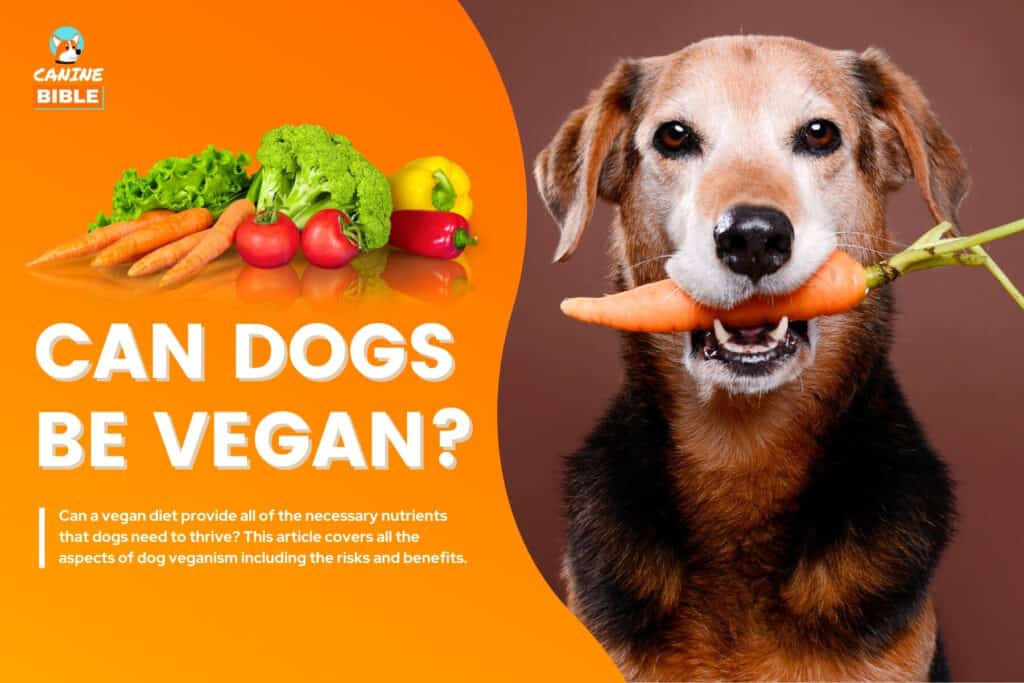The profound connection between humans and their pets is universally acknowledged, transcending borders and cultures. Pets often embody companionship, loyalty, and unconditional love, enriching the fabric of our daily lives. However, for those who adhere to a vegan lifestyle, the ethical implications of pet ownership can create a moral dilemma. The juxtaposition of advocating for animal rights while being responsible for the care of carnivorous companions may seem paradoxical, but a closer examination of nutritional ethics alongside empathetic stewardship reveals pathways to harmonize these seemingly conflicting positions.
One of the predominant concerns among vegans regarding pet ownership lies in the dietary requirements of pets, especially dogs and cats. Dogs, often classified as omnivores, can thrive on a plant-based diet given that their nutritional needs are met through mindful formulation of their meals. This opens avenues for vegans to prepare home-cooked meals enriched with essential nutrients. For instance, incorporating legumes, whole grains, and vegetables can provide a well-rounded diet for dogs.
Conversely, cats are obligate carnivores, necessitating animal-derived nutrients for their sustenance. Their bodies require specific amino acids, such as taurine, found predominantly in animal tissues. Consequently, for vegans who wish to care for cats, the ethical responsibility may appear daunting. However, ethically sourced animal products or specially formulated vegan cat foods that include synthetic taurine can address these dietary needs without compromising one’s ethical stance.
Yet, the crux of ethical pet ownership extends beyond diet; it encompasses the broader implications of animal companionship. The concept of stewardship plays a pivotal role here—taking on the responsibility of caring for and protecting an animal often necessitates an ethical justification that goes beyond simply not consuming animals. Adopting and fostering pets from shelters not only provides a loving home to an animal in need but also demonstrates a commitment to animal Welfare. By choosing adoption, vegans contribute to decreasing the number of animals suffering in shelters and combat the pervasive cycle of breeding practices that often prioritize profit over the well-being of animals.
Moreover, engaging with the community through initiatives that promote animal welfare reinforces the ethical commitment of pet-owning vegans. Volunteering at shelters, supporting rescue organizations, and advocating for legislative changes regarding animal rights serves to amplify their voices in the realm of compassion. Such actions embody a holistic approach to animal ethics that goes hand in hand with a vegetarian or vegan ethos.
Another fascinating aspect of the vegan and pet ownership dynamic stems from the potential richness of the human-animal bond. Pets are not mere accessories; they are sentient beings capable of forming deep emotional connections. This bond encourages empathy and compassion, qualities that are foundational in advocating for all animals. The presence of a pet in a vegan household offers a unique opportunity for active engagement with the animal subject; it highlights the contrast between values espoused and the lived realities of animal lives.
Furthermore, pet ownership can serve as a case study for evaluating ethical frameworks surrounding animal treatment. By experiencing the companionship of an animal reliant on human care, vegans are positioned to scrutinize broader societal issues of animal exploitation. This is a fertile ground for discussions about speciesism—the discrimination against non-human animals based solely on their species. Such insights can deepen one’s commitment not only to the well-being of their pets but also to the larger movement advocating for all animals.
In conjunction with fostering awareness of animal rights, owning a pet paves the way for practical applications of vegan ethics. Pet owners can promote eco-friendly practices, such as choosing sustainably sourced pet food or utilizing biodegradable waste bags. By thoughtfully considering product choices—from toys to grooming supplies—pet owners can significantly diminish their ecological footprints and model sustainable living to their wider communities.
Critically, it’s essential to recognize that the vegan-ethical framework allows for continuous evolution. Just as ethical stances are informed by research and reflection, pet ownership demands adaptiveness in understanding animal needs. Engaging with veterinary professionals who advocate for holistic and compassionate approaches allows for informed decisions that respect the lives and well-being of both pets and wildlife alike.
Ultimately, the relationship between veganism and pet ownership need not be fraught with conflict or contradiction. It can be an alliance rooted in empathy, understanding, and steadfast commitment to both individual animal welfare and collective species advocacy. By conscientiously attending to the needs of their pets with as much care as they afford their principles, vegans can navigate the complexities of this relationship, creating a life that honors both their values and their love for animals.
In conclusion, compassion knows no bounds, extending even to the furry companions we choose to share our lives with. The pursuit of ethical justification for pet ownership while maintaining a vegan lifestyle highlights the intricacies of moral philosophy. Through education, advocacy, and mindful stewardship, vegans can rationalize their love for animals while ensuring their pets lead fulfilling, healthy lives. This approach does not merely reconcile two opposing viewpoints; it nurtures a movement toward a more compassionate coexistence between all sentient beings.









